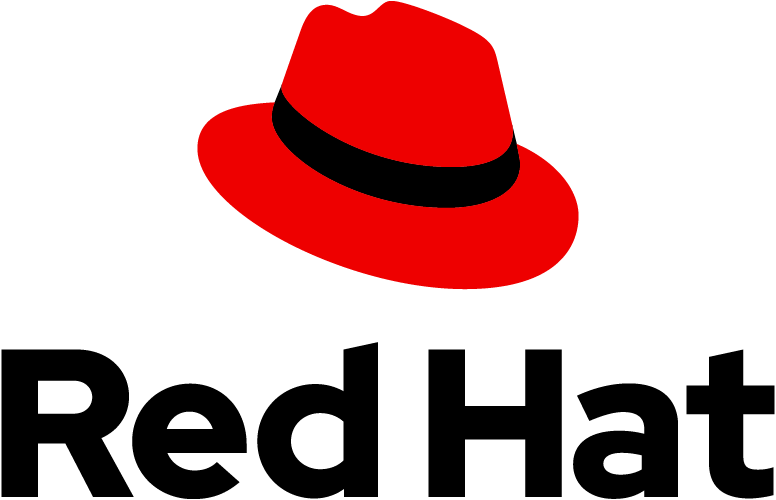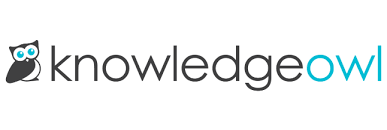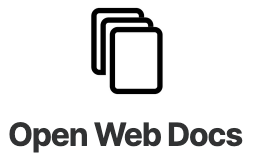Conference Speakers¶
All talk videos will be published on our YouTube channel no later than 1 week after the conference.
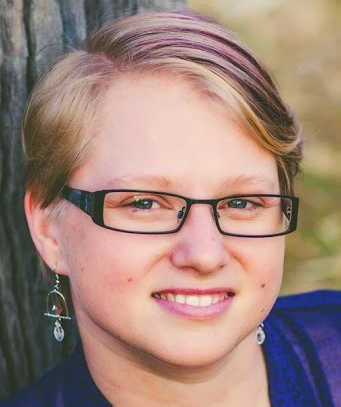
Lana Brindley (she/her)
More than words: Reviewing and updating your information architecture
As technical writers, we already know that choosing the right words is important, and we also know that the style and layout of our pages matters. The third leg of the stool is information architecture: getting the right content, in the right place, at the right time. Great information architecture not only helps readers navigate our docs properly, but also influences whether they have a good or bad experience, helps them feel good about your company or product, and can even help them to find information they didn't know they were looking for. Additionally, good information architecture can help you improve your SEO, improve dwell time on your site, and reduce bounce rates. In this talk, Lana will discuss how to assess your current information architecture, work out what information architecture your docs require, and how to implement it for the best results. Whether you are working with an aging docs suite, or starting fresh, if you can choose the right words, this talk will help you work out where to put them.
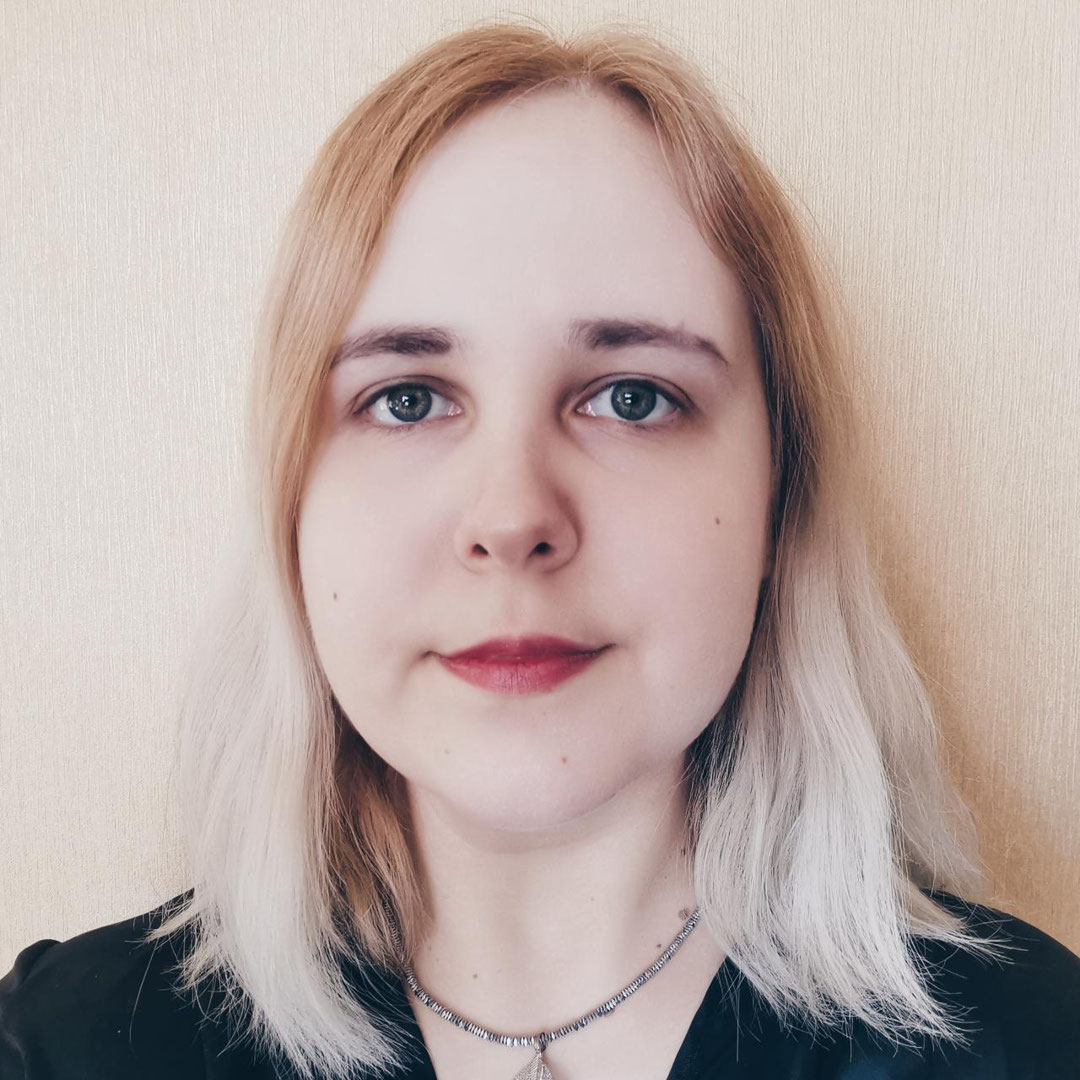
Karen Sawrey
Hustling for Fun and Profit as a Technical Writer: A Freelancing Starter Kit
The work of a tech writer requires skills, knowledge, and a love of technology combined with constant learning, which is very similar to a developer job. But unlike developers, we, as writers, often hit the career wall while working in the same position, for a single employer, on the same tasks, using the same tools, release after release.
Often, we hit a glass ceiling in terms of salary, too, as there is nothing new that we could bring to the table while toiling away on the same things, with no practical experience with other tools and approaches. Even with a dream employer, repetitiveness leads to fatigue, hopelessness, and burnout.
This talk is about changing the mindset from only working for a single employer to successful freelance side-hustling for the sake of growing one's expertise deeper. It is about becoming a T-shaped tech writer by turning to freelancing in various forms, from consulting to writing, editing, managerial and strategic work.
The talk covers:
- ethical side of side-hustling
- legal side (contract agreements, non-compete clauses, NDAs)
- financial side (invoicing, payment systems, budgeting, taxes)
- effective time-management (scheduling, working with distributed teams, dealing with scarce communication)
- self-care (optimal work and rest times, setting boundaries, routines & rituals)
- specific tools for dealing with all the points provided above
The author is a serial side-hustler with years of multi-client freelance experience under the belt.

Fabrizio Ferri-Benedetti
When documenting is designing: How to assist API design as a technical writer
The programmatic equivalent of UX Writing is API Design. The words that you use to describe your API enable conversations between software and people - it's just a bit more structured and mechanical. That's why technical writers are uniquely suited to assist technical teams in doing API design, especially when an API First design approach is being followed.
When documenting a web API, technical writers may end up identifying areas of improvement in the way it's designed. Much like it happens with user documentation for user interfaces, there's a big opportunity for making your voice be heard upstream, where APIs are designed and implemented. It takes time, and the right processes, but the end result is better documentation, too.
In this talk I'll tell you how I began my API design journey at Ohpen and the kind of processes we put in place to align API design across teams, including an API design style guide that covered error messages, content reuse, and naming conventions, among other things. Along the way, I'll present some of the most common obstacles I faced and how I got around them.
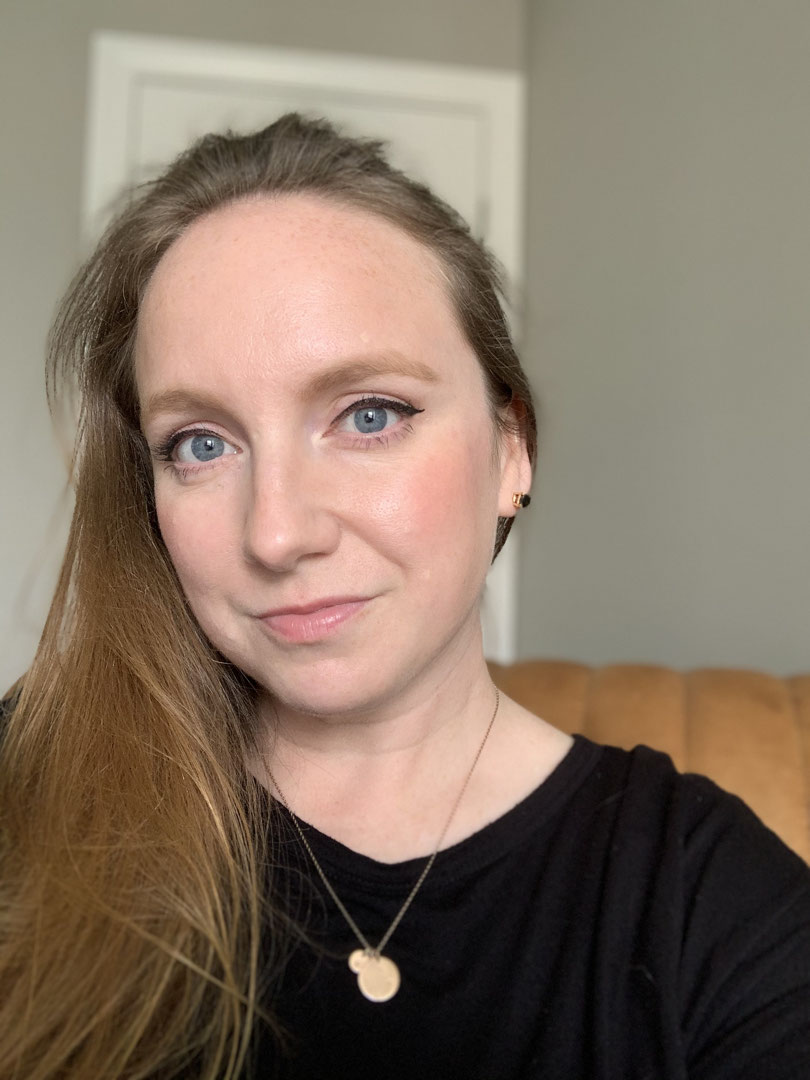
Jenn Leaver
Docs leadership: How to become a stronger leader for your team
Leading a documentation team is challenging. You need to focus not only on the content related to your company’s products but also on the overall experience people have when using your documentation. In a lot of ways, the documentation is its own product! So how can you ensure you build and grow a team of empathetic, talented folks who create excellent content and experiences?
This is a talk for those who are interested in being a formal or informal leader on their docs team. We’ll look at hiring, building out capabilities on your team, docs leadership philosophies, balancing short-term content execution vs. long-term experience strategy, and ways to ensure your team is operating in a high-trust, collaborative model.

Anita Diamond
Cognitive Ergonomics in Technical Writing - Lessons from the Field
Trying to explain bleeding edge, complex technology in a way that is useful and comprehensible is challenging for a number of reasons:
-
Naming, Terminology & Mental Models- Terminology - words as symbols, words as signs pointing to concepts. Should we create new terminology to explain ‘new’ or ‘novel’ concepts and technology? Or should we borrow from existing terminology and repurpose words to point to new new concepts and technology? If we do the former, then how does this new terminology impact on our audience’s comprehension of what we are trying to say? If we do the latter, then how do we resolve tensions between the meaning of existing terminologies and the mental models they represent.
What are the practical ways we can support the creation of new mental models to aid understanding?
-
Fast and Slow Thinking - Kahnemann - how do we apply Kahnemann’s principles to Technical Writing We know people don’t want to think, we know they prefer heuristics that are often biased to process information. Yet as Technical writers, we have to convey complex information that may require this less preferred deep thinking.
What are the practical ways we can resolve this tension and support people to comprehend complexity easily.
-
Culture and Behaviour Change Do you ever feel like you’re wading through mud. The docs aren’t getting written, you’re overwhelmed and a new release is coming out. Why culture matters and what it is? What is culture clash? How do we discover cultural indicators and work with them to promote an effective docs-first culture?

Lukas Reußner
Hitchhiker's Guide to Documentation Tools and Processes
No matter if you are on earth or any other planet, it's very likely that one day some Vogon will approach you and ask you the ultimate question: Which tool and process should we use for our documentation? And the worst thing about it: the Vogon could be yourself.
Fortunately, there's a simple answer to that question: DON'T PANIC!
The “small” rest of the answer will be part of this talk. It will guide you through the maze of finding the right documentation tool(s) and the right documentation process(s).
When it comes to documentation tools, you'll find a million out there. At least that's what I encountered several times when I had to decide which tool had to be used in a new documentation project. In this talk, we won't dive into the nitty-gritty of specific tools. We will focus on overarching categories, such as:
- wikis
- authoring systems
- word processors
- markup code toolchains
- media editing tools
We'll then map those tool categories with the following types of use:
- user groups (contributors, consumers, and operators)
- content tasks (creating, editing, reviewing, and styling)
- output environments (findability, discoverability, and accessibility)
And last but not least, we'll have a look at different documentation processes and how they fit to our defined tool categories and types of use.
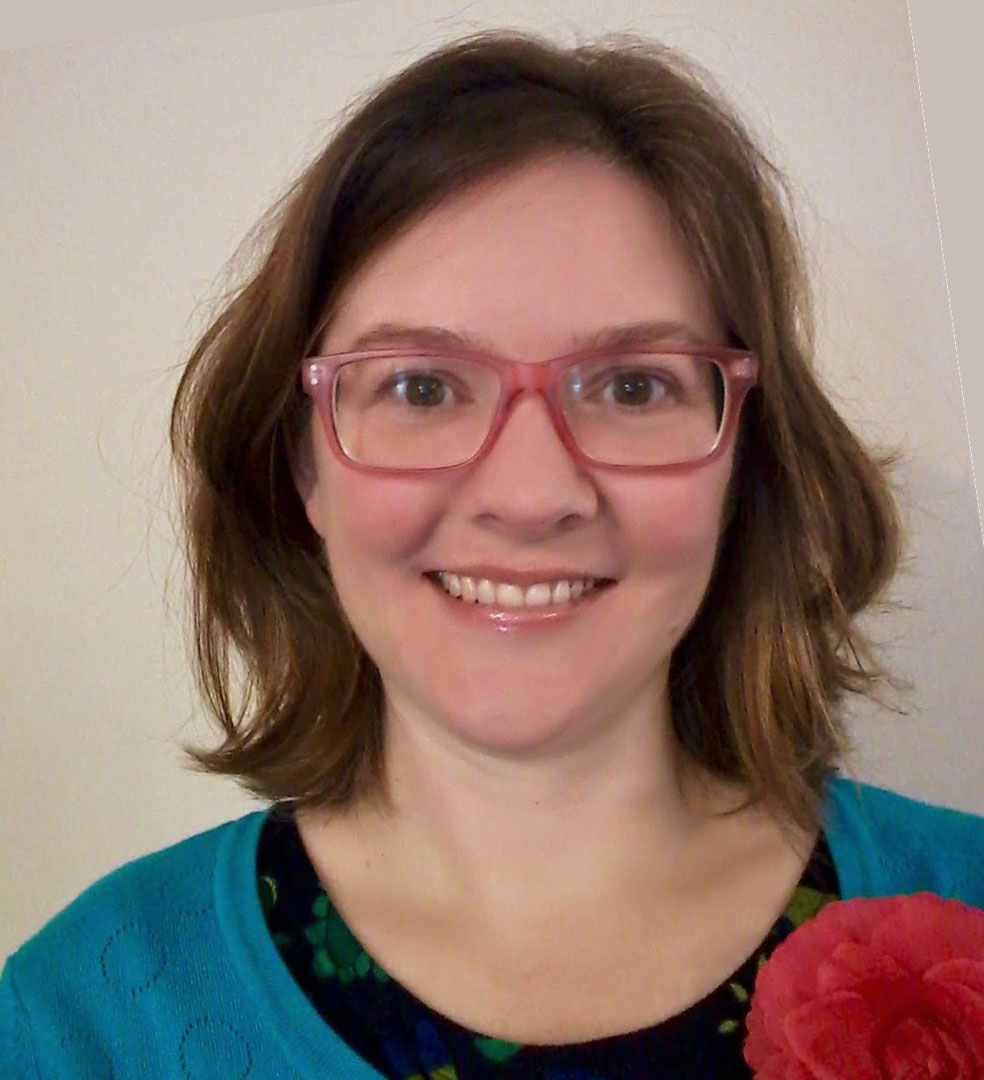
Felicity Brand
How to write a book for (and with) an open source community
I'm a technical writer—I can't write books! Well, apparently I can, I did, and so can you.
Over the past two years, I collaborated with fellow authors Heather McNamee and Jeffrey A. McGuire to channel the collective experience of an open source community (TYPO3) to write The TYPO3 Guidebook.
In my presentation, I’ll talk about how a "community" writes a book, and what processes were needed to turn a distributed effort into a cohesive work. We learnt a lot from writing the book, including that our processes are repeatable: you can do it, too!
You'll learn:
- An open-source approach to writing a book.
- How an open-source community can write a book.
- How a book can give back to an open source community.
I'll speak about
- The TYPO3 CMS and community.
- Why we needed to write a book.
- Our editorial processes
- The launch process
- Digital add-ons to a physical book
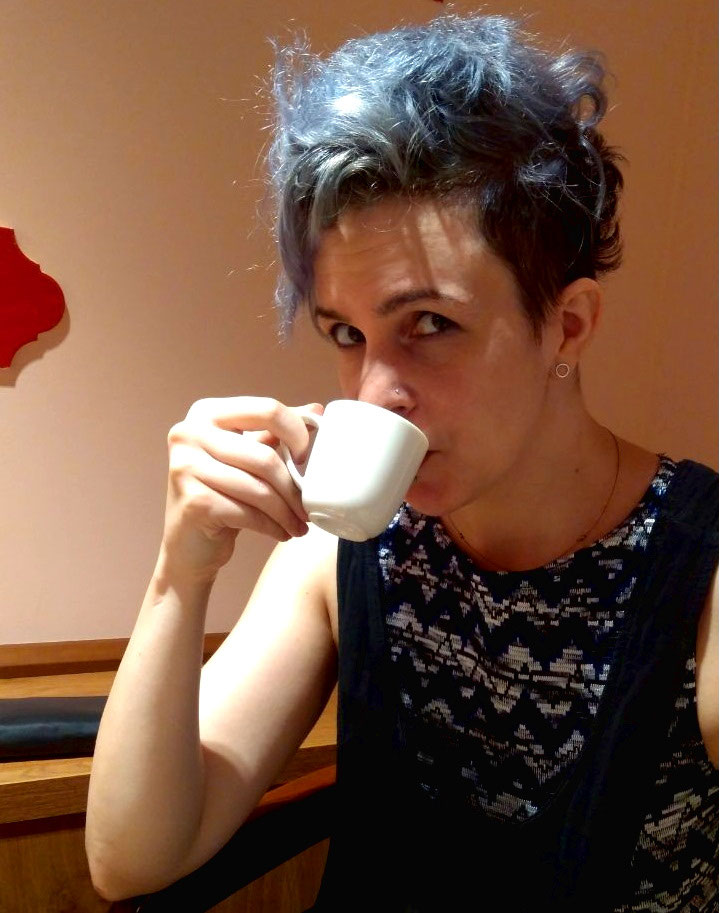
Anna Korinna Németh-Szabó
Alchemy in Adversity (How to become better and more resilient tech writers in a turbulent work environment)
The pandemic situation and working from home has affected the majority of the world, and most industries as well. Most employees, including technical writers and technical communications teams were also affected by the pandemic, WFH policies, lockdowns and other regulations in some form, and to various degrees.
Working in software development, my technical communications team was no exception, and we experienced challenges on several levels and in various forms during these past months. However, the team managed to find creative ways to overcome these challenges and managed to avoid becoming invisible within the organization (which is still a widespread issue for tech comm teams). In fact, we even managed to turn less than ideal circumstances around, forging an agile team and stabilizing our position within the organization during the process.
The challenges include difficulties on a personal level, the team’s level, and on an organizational level as well. They encompass work-life balance, workflow, workload & productivity, cross-teams communications & collaboration, and processes. Although my team was in a rather specific situation, I will present adaptive methods and techniques that can be used by anyone who might have to face and overcome similar challenges.
In my talk, I will also cover what the team learned from facing and overcoming these challenges, and provide a few examples of how you as an individual technical writer, or as part of a team can become a better expert and team member in similar circumstances.

Victor Sluiter
Adventures in setting up a knowledge system for a research group
We're not a standard company, but a group of 10 researchers with support staff working on robotics in a university. Despite that, our challenges may be very familiar with those of documentarians in companies.
A little more than a year and a half ago the research group I'm working in asked me to take up "knowledge management". One of the key things that had to be addressed was that much of the documentation that we made ended up in somewhere in one of our many storage spaces. We had no standardization on what was sored where, and some of the locations were only visible to part of our group members. Our core business is to develop and share knowledge, so something had to be done!
In the following year we first set out to find out what we actually wanted to share with whom, and what roadblocks we found, both technical and organizational. As our organization is trying to be "LEAN", we asked the help of a lean coach to look with us what the "root causes" were for the lack of information sharing. One of the main things we found out "on the go" is that the documents we had standardized, but never made were indeed those that no one was interested in.
In the process of standardizing and recreating our knowledge products, we had a lot of hurdles to take, such as getting consesus what we actually need to document, getting some kind of "definition of done" and determining the locations of file storage and how to get the right internal and external people the right access. In this presentation I can share the process we went through, and give our current perspective on how we're doing now.

Kate Santo
From travel content to technical content: my journey
In the last couple of years, I’ve gone from creating travel content in the biggest online travel agency in the world to creating technical content in a brilliant start-up. There were some obvious and expected differences between the 2 jobs. Ask me about going from having 22,000 colleagues to having 25 :)
Initially, I also expected to see huge differences in the way of working, the framework to create content and the principles that would lead my day-to-day role. However, I soon discovered that creating travel content and technical content is fundamentally the same activity.
It didn’t take long for me to see that the Content Design principles I applied in travel were perfect for technical content too. Although Content Design was never created with technical content in mind, it turns out it suits it nicely.
During my talk, you will learn about Content Design overall. About the origins and principles that guide this framework. You will learn how to apply general Content Design principles to technical content creation. And I will explain why I advocate for the role of “technical writer” to be renamed “technical content designer”. Hint: it has to do with everything else we do before and after actually writing.
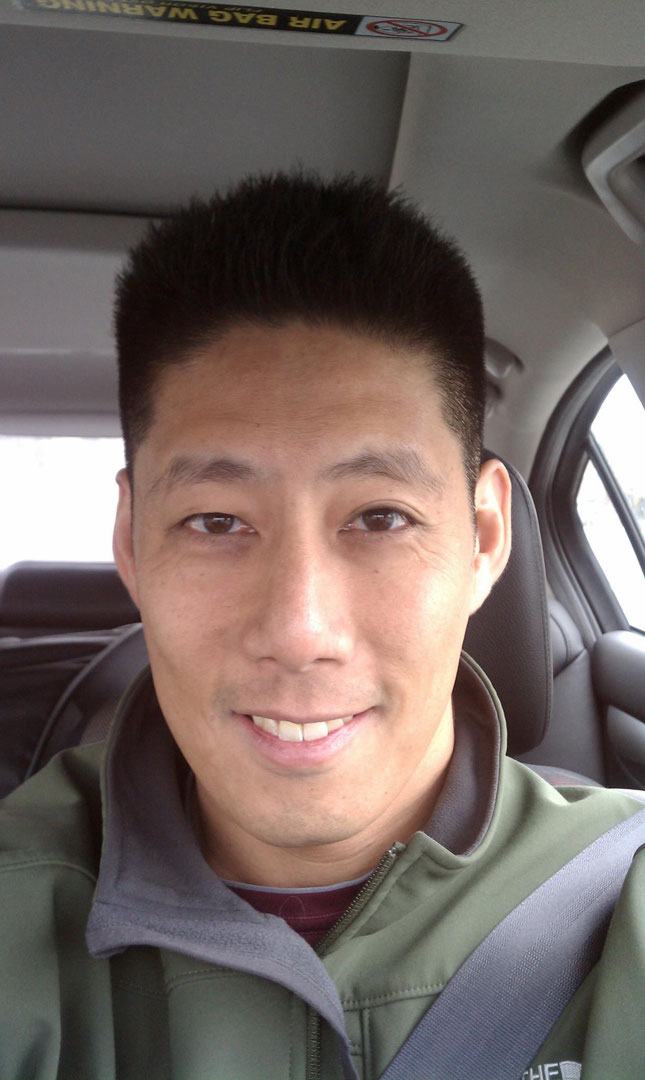
Kevin Hwang
Customer Feedback is the Fuel in our Engine
How do you know if your documentation is any good? You’ve written it, and a bunch of people have reviewed it, and maybe you even had it edited. But is it any good? Is it useful? Will it actually help a customer? And is anyone even reading it?
Enable the customers to provide feedback and let them tell you!
- Learn why it is important
- Learn about the challenges?
- Learn how to work with those challenges?
We will provide some memorable, compelling, and fun real world examples from Splunk Docs feedback highlighting some of the points touched on in this presentation.
Summary/Conclusion
If you were an IT person, you would want to collect data about the devices on your network for any number of reasons. If people are using your network, you want to know about it!
Similarly, if people are reading your documentation, you want to know about it! And if there is a way to make the documentation better, you want the customer to be able to tell you about it. Documentation feedback is data, and data is everything.
Use documentation feedback to build a community, prioritize your writing, and get that well-deserved pat on the back!

Ryan Macklin (he/they)
So you need to give bad news to users…
A lot of documentation advice talks about happy path docs, and sometimes abstractly about users who struggle. This talk focuses on actionable tips for when you have to give users bad news—whether in error messages, email comms, or support docs.
The focus is on servicing a broad range of users' psychological states and needs during times of distress and disconnection, primarily anxiety, frustration, and exhaustion. Some tips I want to bring up (along with the basics of how they work psychologically):
Include time frames for resolution — people in anxiety live in a different temporal state than people who are calm, so holding their hand in understanding a future state is important for a sense of psychological safety
Be brave about when a given situation is difficult — frustrated people are often in a combative state looking for some way out of that emotional state through vindication, and being acknowledged is a way they can help themselves regulate
Highlight the action to be taken (even if that action is "wait") — exhausted people struggling to be engaged or those anxious about what to do next need a clear understanding of next steps, and unclear directions will lead them astray
While some of these may seem "obvious," my talk is about why they work, and the empathy advocacy I want to help spread in the documentarian community.
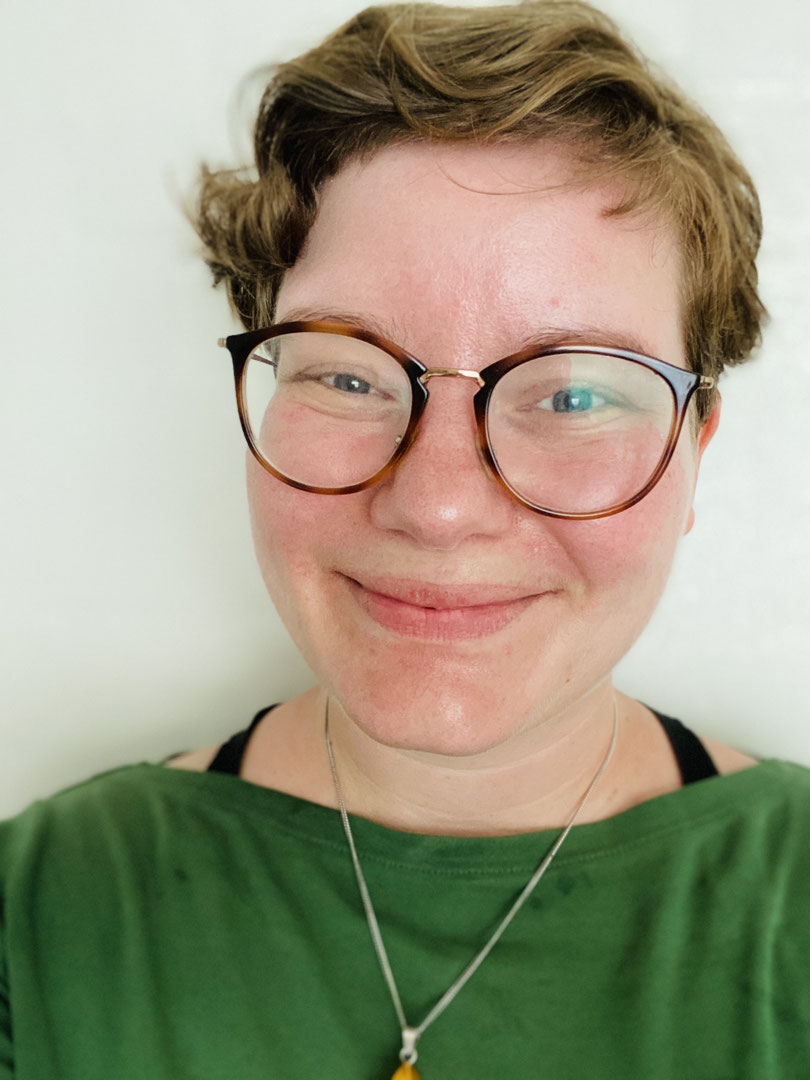
Kat Stoica Ostenfeld
How I use applied linguistics to be a better technical writer
Why is this talk relevant for documentarians? We work in highly international contexts. Most often with English as a shared corporate language. And we’re expected to function at a high level of both technical and social proficiency in English.
In my daily work and socializing with colleagues across different disciplines and nationalities, I’m frequently reminded of my studies in Business English as a Lingua Franca, which I use in a practical sense both when collaborating with colleagues and when writing actual documentation.
This is where applied linguistics comes in, based on this definition, shamelessly stolen from Wikipedia: "[applied linguistics] identifies, investigates, and offers solutions to language-related real-life problems"
In short, what I’ve found during my academic studies is:
• People don’t speak English. They speak their own language with English words.
• We cluster together in perceived like-minded groups (example: Italians, French and Spanish; Scandinavians)-
• Shared contexts are more important than language proficiency-
In this talk, I’ll give examples of how these findings aren’t just theoretical – they’re all around me during my day-to-day in tech. I’ll elaborate on this and give some examples of how I use that to improve my collaboration with SMEs and my actual writing.
